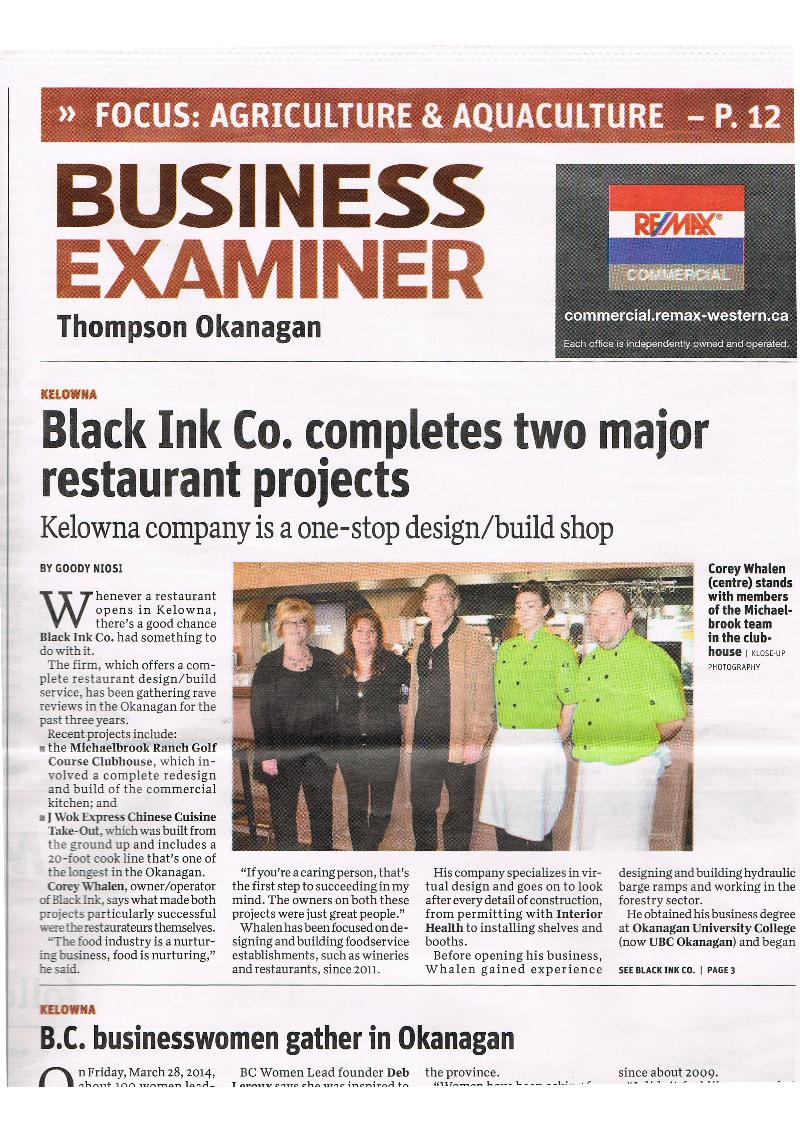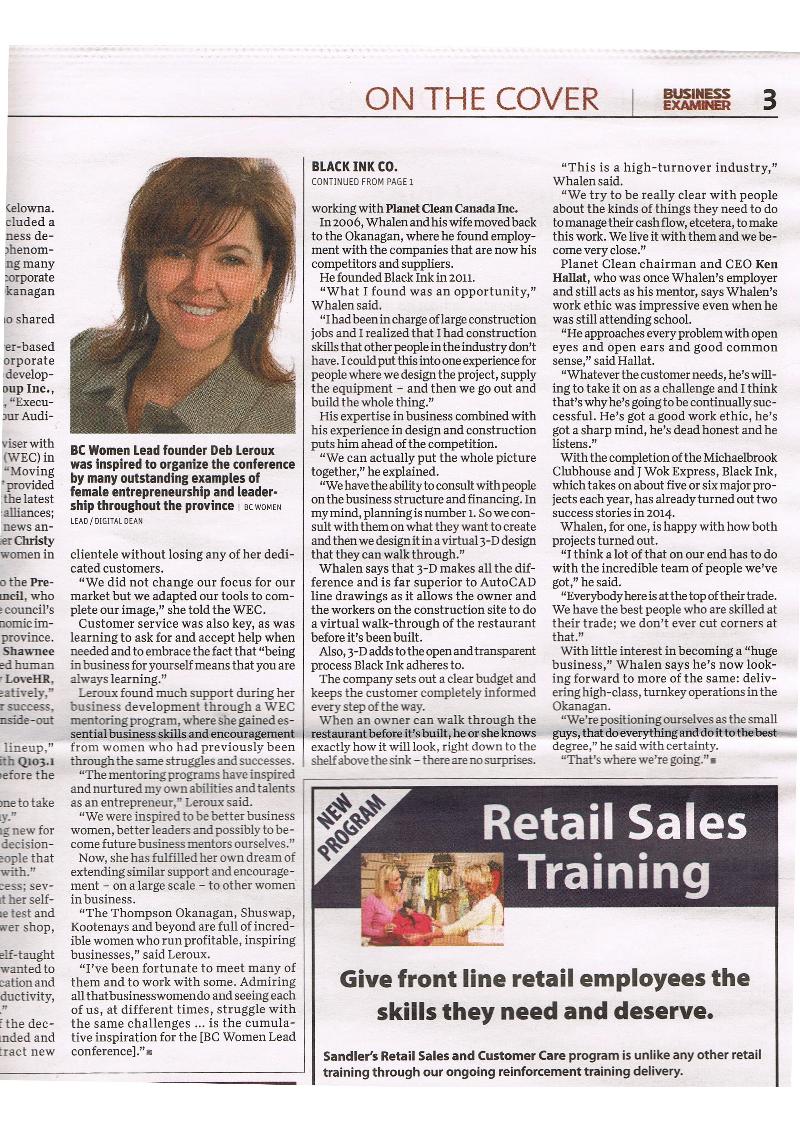Restaurant Stainless Steel - What You Should Know
There are some things to know about stainless steel when you design your restaurant. Mainly two characteristics of stainless steel determine its application in foodservice establishments (1) Gauge = thickness (2) Ferrous metal content = purity.
HEAVY GAUGE
Thick heavy gauge stainless steel is generally used for the rigidity factor. Commercial dish tables are a prime application. They need to take a lot of weight and motion, so light gauge metal will twist and wobble. This can damage the connection with the automatic dish washer, and cause leaks and other safety issues. If large appliances or heavy objects are placed on prep work tables, then they should be heavy gauge construction as well. Corner guards to protect drywall need to be thicker to take the abuse. 16 - 18 gauge are commonly used in high wear restaurant applications.
LIGHT GAUGE
Thinner gauge metals are appropriate for wall cladding and decorative touches. In these applications the metal is not subject to ware-and –tear, so it will not dent extensively. Therefore, thinner gauges can be appropriate in some cases and can save you money over the thicker options. 20 - 22 gauge are commonly used for light wear restaurant applications.
METAL QUALITY
Iron content in stainless steel is what will allow oxidation and rust to occur. Chromium and nickel content determine the quality and durability of the metal. Chromium prevents rust and the nickel increases the durability of the stainless steel. Restaurant “Food Grade” quality is produced in 2 grades 200 series and 300 series. Type 304 is most common for restaurants. Although food grade, 200 series is commonly used for food containers as it is cheap, but less corrosion resistant as suppliers often substitute manganese for nickel.
RESTAURANT APPLICATIONS
All around stainless steel is revered for its antimicrobial properties. Bacteria and mold cannot thrive on stainless steel. This is why Public Health Authorities love the stuff. Restaurants commonly use stainless steel for pass thru windows, prep surfaces, serving counters, mop sinks, hand sinks, corner guards, exhaust hoods, wall cladding, dish tables, wall racks, and lots more. Easy to wash and sanitize.
Now you know some metals basics to help you make decisions for your restaurant business. Stainless steel is very pricey stuff, so it is good to know what you are paying for, what type to use, and when.

